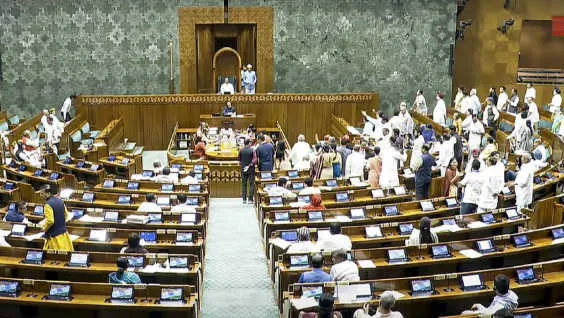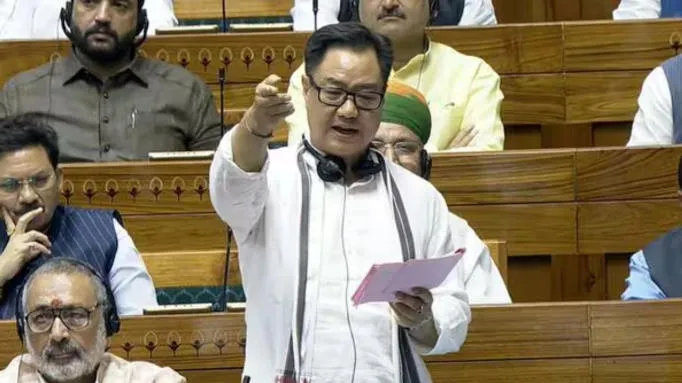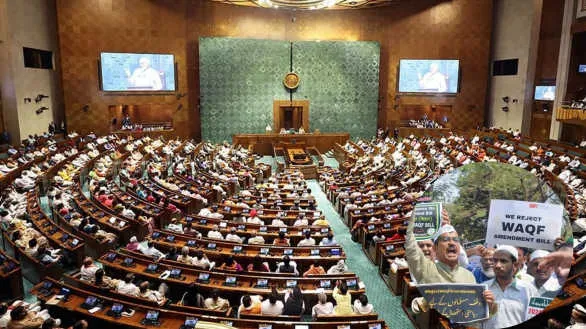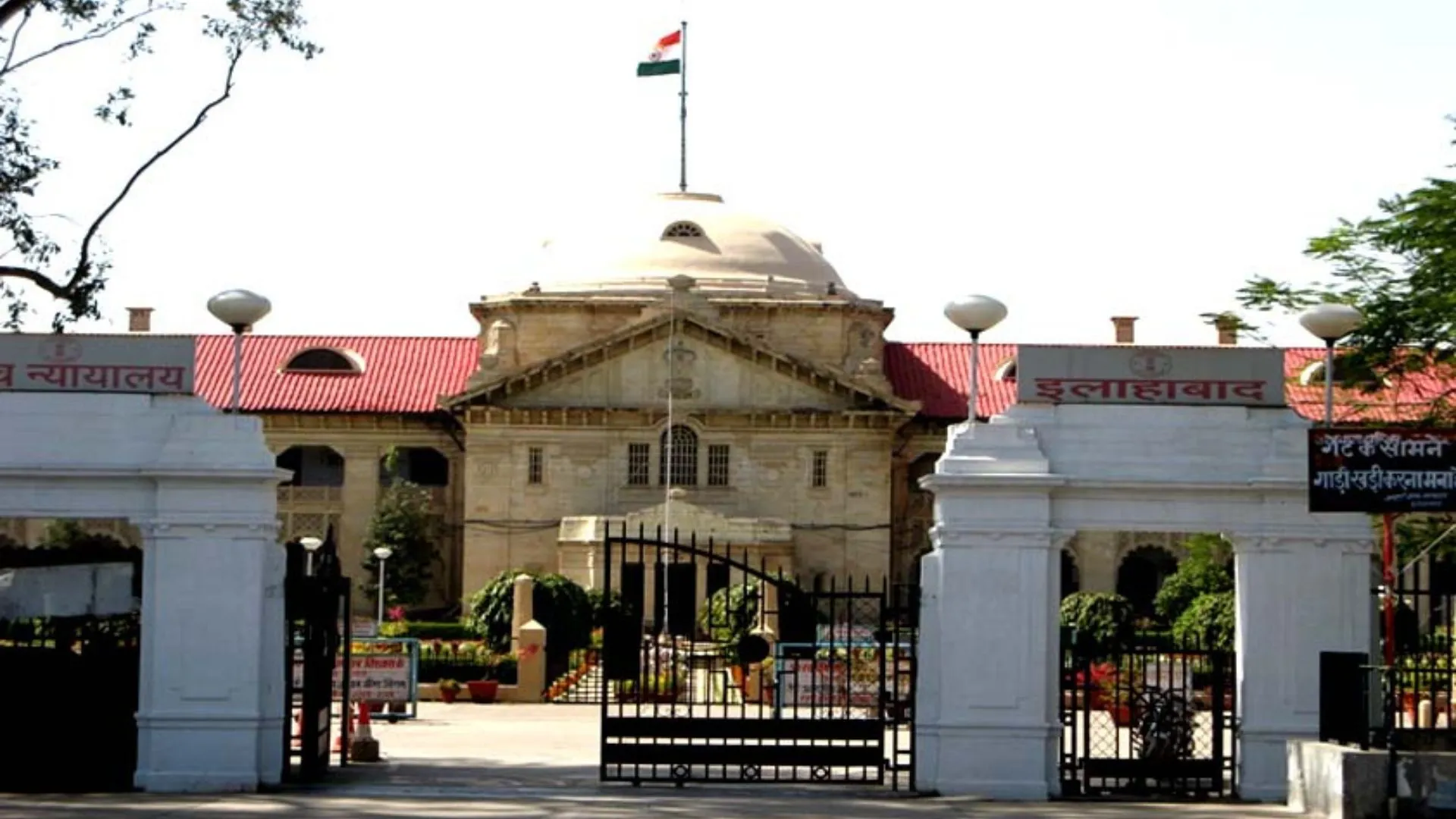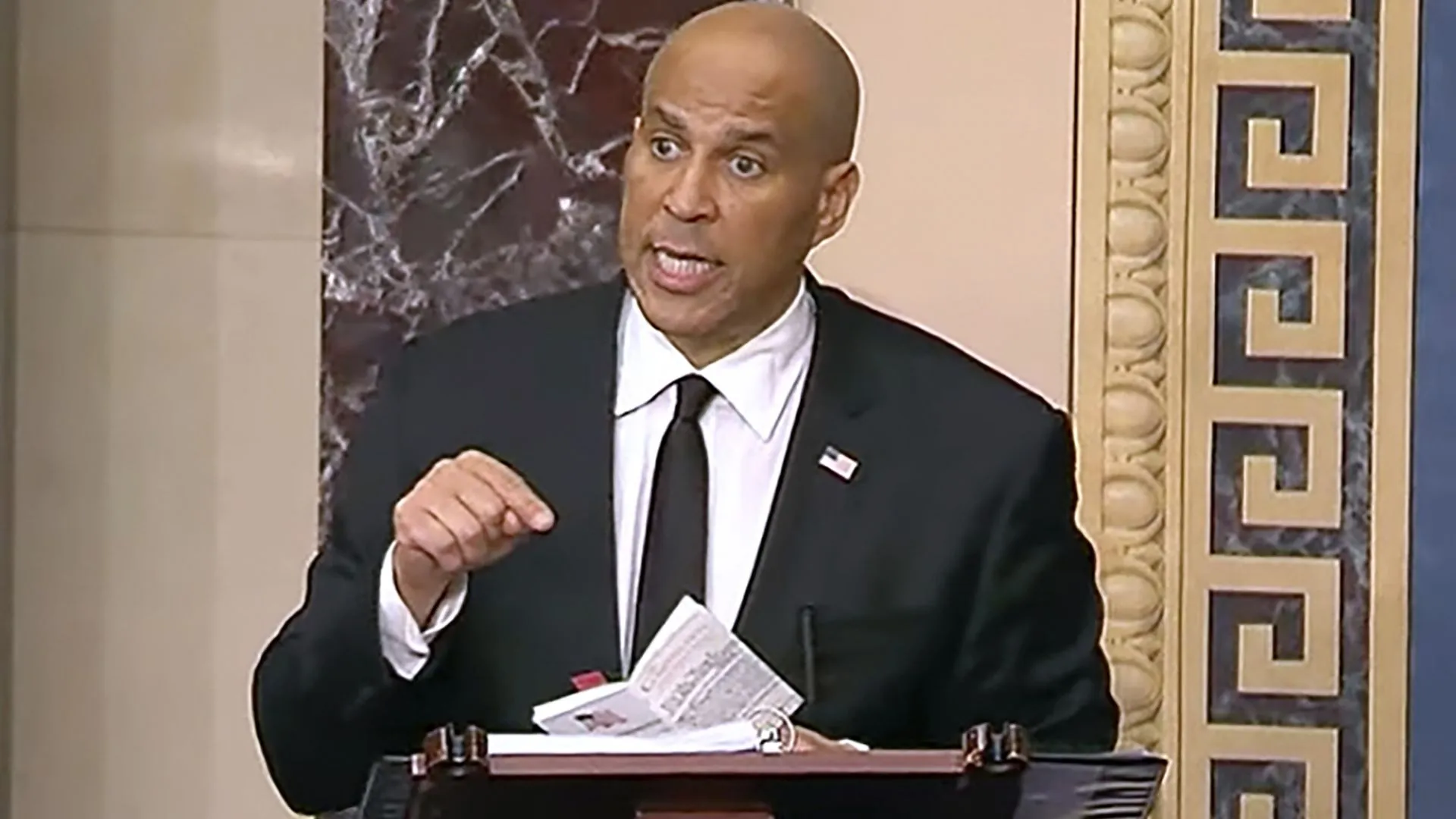On Wednesday, the Supreme Court of India delivered a sharp rebuke to the central government for its inadequate response to the pressing issue of stubble burning in North India. During the hearing, the court highlighted the failure to establish stringent regulations that could effectively curb this environmental hazard, which significantly contributes to air pollution, particularly during the winter months.
The court described the Environment Protection Act as having become “toothless,” underscoring its frustration with the lack of concrete action from the government. The bench emphasized that without robust enforcement and regulatory measures, the existing laws are insufficient to tackle the environmental crisis stemming from agricultural practices such as stubble burning.
Stubble burning, commonly practiced by farmers to clear their fields, has drawn considerable criticism for its role in worsening air quality, especially in the National Capital Region. The Supreme Court’s comments reflect a growing concern over public health and environmental sustainability, calling for immediate and effective interventions from authorities.
The court’s remarks come amid ongoing debates regarding the responsibilities of state and central governments in managing agricultural waste and promoting sustainable farming practices. As the situation escalates with the onset of winter, the Supreme Court has urged the Centre to take decisive action to protect both the environment and public health, signaling that mere awareness is no longer sufficient.
This latest development adds to the urgency for coordinated efforts between various government bodies to address the stubble burning crisis and implement long-term solutions.


